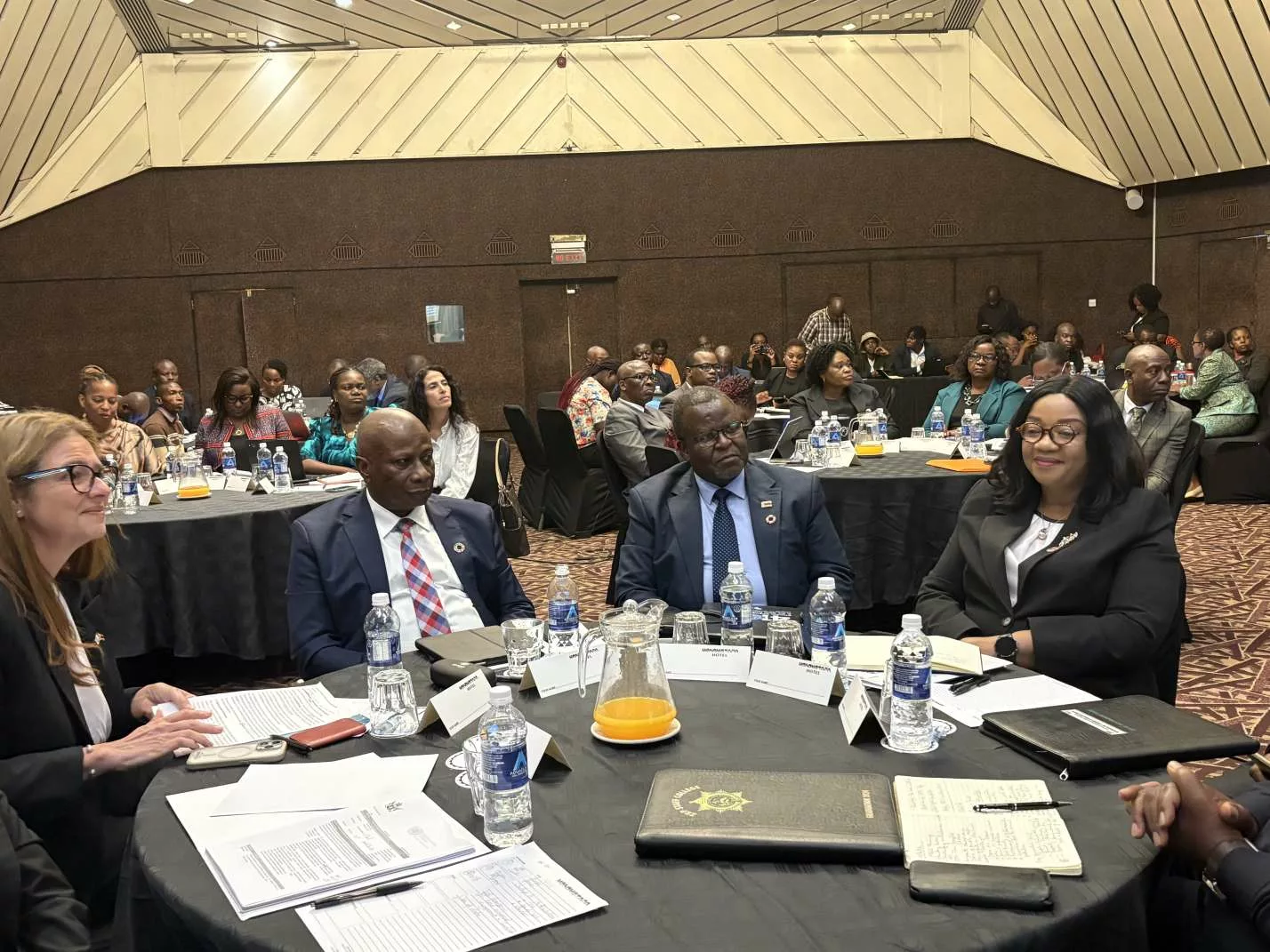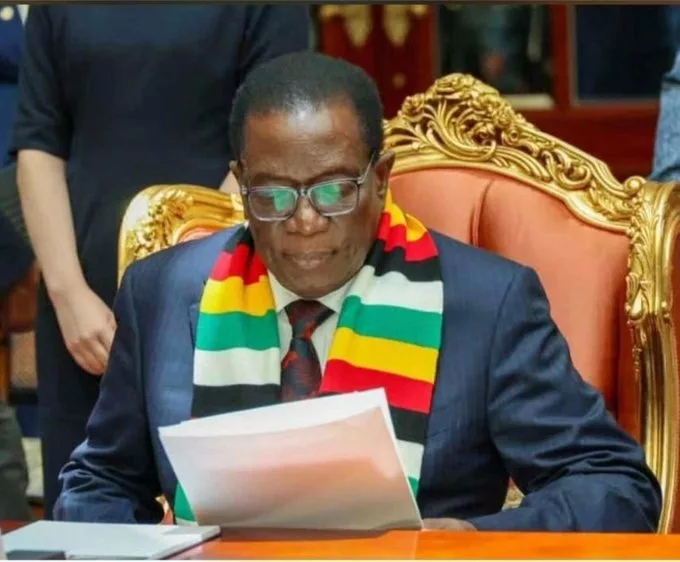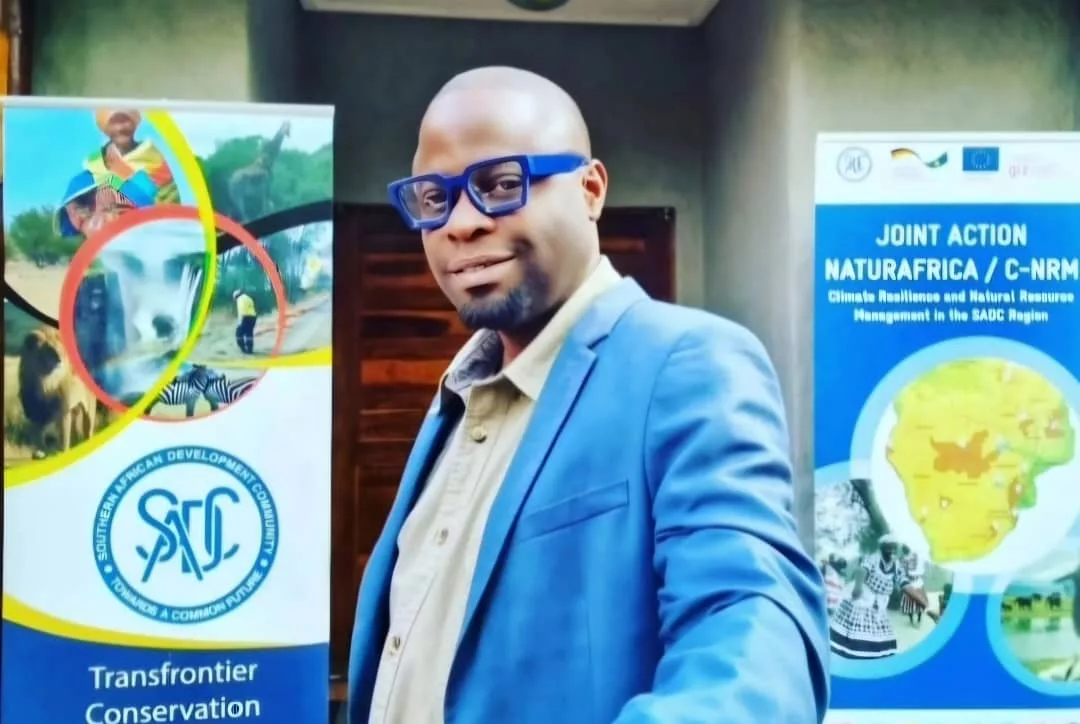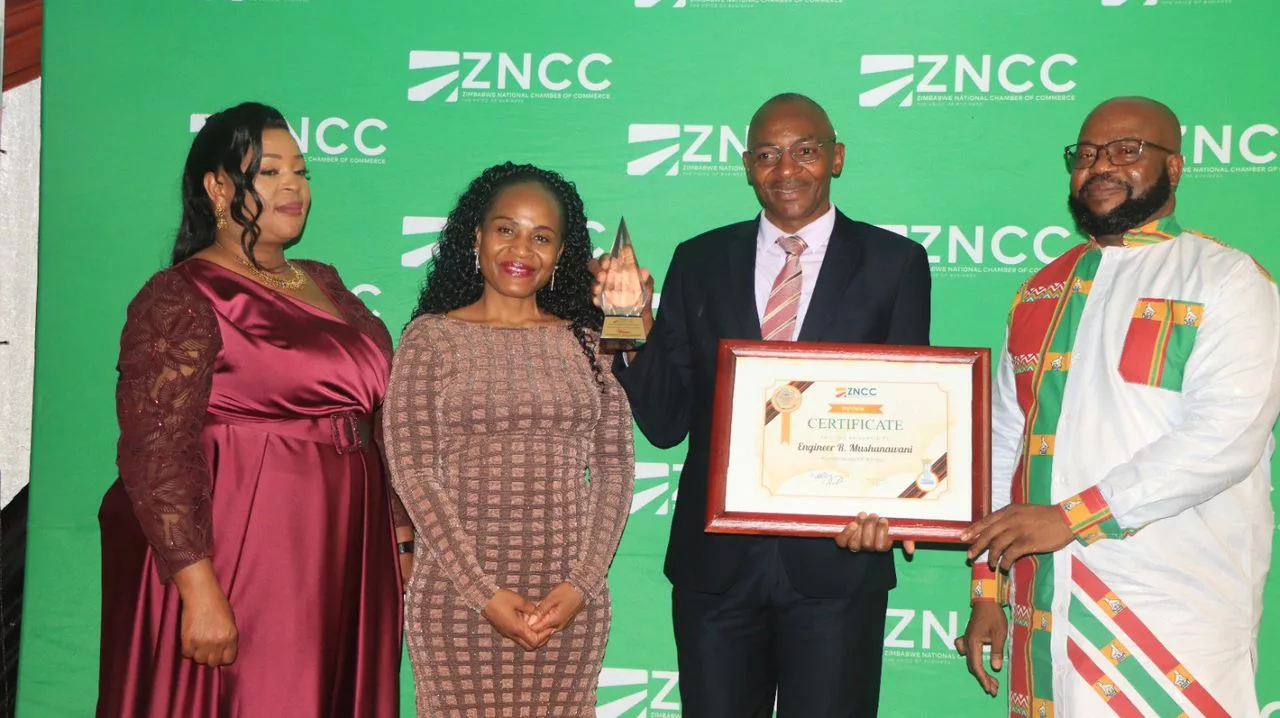|
Getting your Trinity Audio player ready...
|
The Zimbabwe United Nations Sustainable Development Cooperation Framework (ZUNSDCF) serves as a critical mechanism for providing strategic direction and policy oversight to the institutional arrangement to drive efforts towards sustainable development in Zimbabwe.
This came to the fore in the keynote address by the Chief Secretary to the President and Cabinet given by Dr. Martin Rushwaya in a statement read on his behalf by his deputy, Reverend Paul Damasane at the Zimbabwe United Nations Sustainable Development Cooperation Framework (ZUNSDF) joint steering committee meeting at Monomotaρa Hotel in Harare today.
The meeting was attended by Ambassadors; Diplomatic Corps Members; Mr. Edward Kallon, UN Resident and Humanitarian Coordinator; UN Heads of Agencies, Members of Civil Society and NGOs, Private Sector Representatives, Youth Groups and Organizations for Persons with Disabilities, Members of the Media, and other dignitaries.
In her address during the meeting, Eneida Fernandes, the World Bank Country Manager for Zimbabwe who is the co-chair of the Zimbabwe Development Partners Forum (ZDPF), said the meeting was timely as it allowed stakeholders to discuss the strategic priorities for 2025 in light of the current shifts being experienced globally.
To that end, Fernandes said coordination has emerged as a critical issue for ZDPF in 2025, alongside sectoral priorities such as economic growth and the private sector, climate-smart agriculture, social protection, and health engagement in Zimbabwe. These topics are also very relevant and linked to the four pillars of the UN cooperation framework.
“The landscape of aid is changing rapidly, and we are witnessing both sudden shifts and gradual transformations that necessitate a comprehensive re-evaluation of our aid strategies. This rethinking should be informed by the evolving socio-economic dynamics, ensuring that our aid efforts are responsive, relevant, and effective. How do we do more with less, how can we prioritize to be even more targeted towards results to the most vulnerable?
“Effective coordination is crucial for aligning our efforts, avoiding duplication, and maximizing the impact of our interventions. It is therefore important for the Government of Zimbabwe (GoZ) to guide the development agenda by enhancing its coordination mechanisms and engagement with the UN family and development partners/bilaterals/multilateral – at the strategic levels but also at the sectoral level,” Fernandes said.
She said data-driven decision-making is key to identifying the most pressing needs, allocating resources efficiently, and measuring the impact of interventions.
“We must work together to ensure that existing data is made available and emerging data is effectively utilized and shared broadly to inform development priorities. By jointly leveraging data, we can make informed choices that drive sustainable development and improve the lives of the people of Zimbabwe.
“As development partners, we excel in strategically working together and in synergy in times of crisis. We should keep that in mind as we explore ways to rethink our aid strategies for Zimbabwe, enhance coordination, and realign support by leveraging data and effectively utilizing data – together we can make a meaningful and long-lasting change for the people of Zimbabwe.”
In his remarks, Tawanda Zimhunga, the Acting Chief Director (Social Development and Disability Affairs) in the Ministry of Public Service, Labour, and Social Welfare, while presenting on the People pillar of the Sustainable Development Gaols (SDGs), said the pillar’s priority areas include universal health coverage, access to clean water and hygiene, education, and protection.






